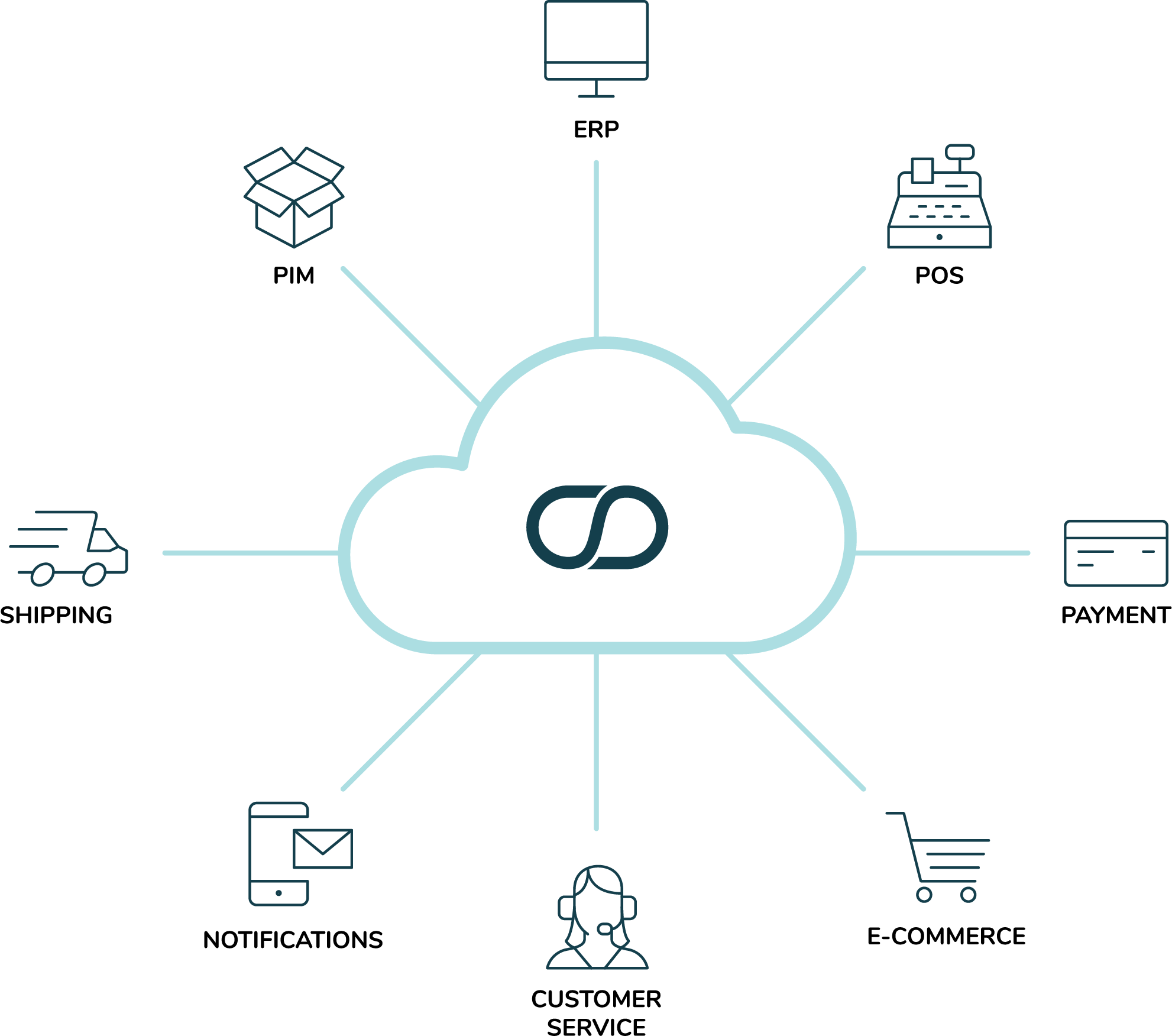OMS - A Central Hub for All Order Processing
Order processing involves a numerous of components, complex requirements, and various workflows. Often, businesses find themselves utilizing a multitude of systems to manage these tasks. However, an Order Management System (OMS) can streamline this entire process, serving as a central hub where all facets of order processing are seamlessly coordinated within a single system. Through the integration of cutting-edge technology, seamless connections, and automated processes, an OMS can effectively oversee the complete order flow from initiation to fulfillment, including both online and physical retail transactions.
Engine for Streamlining Operations
Covering aspects such as returns, inventory management, pick lists, and shipping, order processing entails everything from the creation of an order to the delivery of goods to the customer. With an OMS in place, everything from customer information and order history to payment processing and package notifications is efficiently managed within the system. These actions occur automatically, following the predefined workflows set by the company.
For companies without an ERP system or other back-office solutions, the OMS platform can serve as an all-encompassing tool, replacing and consolidating various systems. It proves invaluable for a range of roles, including e-commerce managers, customer service teams, sales personnel, retail staff, and warehouse employees. By maintaining synchronized data across multiple sales channels, the OMS ensures that order information remains up-to-date. This capability enables employees to provide optimal customer assistance, fostering a cohesive and positive customer experience.

Centralized Hub
Functioning as a central hub, an OMS connects all underlying systems seamlessly. Everything from ERP, POS, PIM, CRM, and e-commerce systems to shipping and payment providers is integrated into the OMS, either through standard integrations or open APIs. For smaller businesses seeking a straightforward "plug & play" model, built-in integrations with major platforms ensure a swift and uncomplicated process. The OMS framework is designed to accommodate new integrations seamlessly, offering a high degree of flexibility.
Contact us for a chat if you want to learn more about how an OMS can play the role of a central hub.
Omnichannel efficiency
In the retail landscape, most businesses operate through multiple sales channels, such as online stores and physical shops. An OMS ensures that orders are processed seamlessly across these diverse channels, providing customers with an omnichannel shopping experience characterized by consistent touchpoints.
For instance, if a customer places an order for in-store pickup via the website, the pick list is transmitted to the relevant physical store, ensuring the item is ready upon the customer's arrival. Likewise, returns are recorded and reflected in inventory, allowing for accurate stock management. Customer service benefits from a comprehensive overview of order history, status, and customer information, regardless of the order's origin. This enables them to assist customers promptly and effectively.
The OMS empowers businesses to synchronize and execute all order processing tasks within a unified system, ensuring optimal efficiency and a customer-friendly experience.

Want to learn more about OMS?
Contact us or book a demo if you want more information about Omnium OMS.
